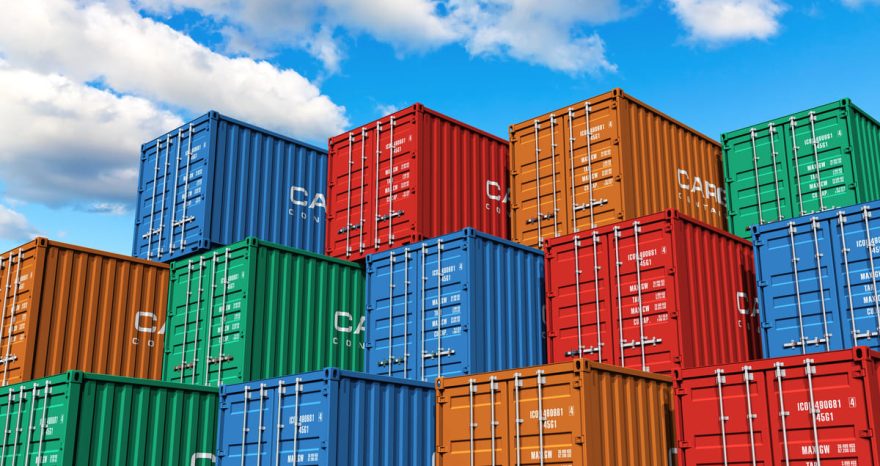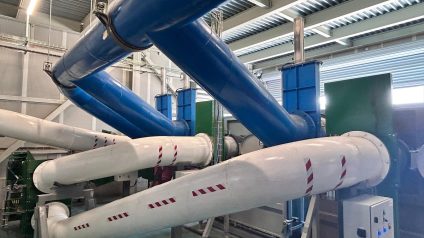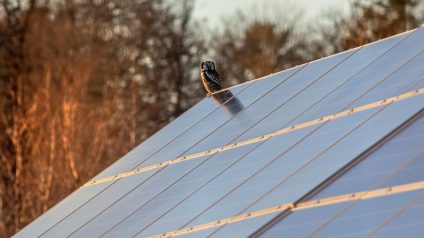The draft put in consultation,ins the previous government’s commitment to reduce greenhouse gas emissions by 55% compared to 2005 levels by 2030
Portugal’s NECP: 2030 targets in consultation
A 51% renewables in the gross final energy consumption. And 93% on electricity consumption. These are two new targets in Portugal’s NECP (National Energy and Climate Plan). The new centre-right government, set in April 2024, has inevitably “broken” the deadline for surrender to Brussels, accumulating a different delay also on public consultation. The draft plan was published only yesterday on Participa.pt, and it will stay for 44 days to gather the opinions of the Portuguese.
Like the previous version, the text provides for 65 regional lines and 297 measures, which define the direction of the energy transition “in favour of the country’s strategic interests”.
The revised drafts include the commitment to reduce greenhouse gas emissions by 55% from 2005 levels by 2030, a target set by the previous Socialist government a year ago, and the 2045 target for carbon neutrality by 2045.
read also PNIEC France, finally the target renewables: only 41.3% by 2030
Portugal’s NECP raises the share of renewables in final energy consumption to 51%, 4 points more than the 2019 version. To achieve this goal, the government proposes to strengthen the exploration of the potential of renewable energies, focusing on onshore/offshore solar and wind technologies, between 2025 and 2030. This includes increased installed photovoltaic power from 8.4 GW to 20.8 GW, onshore wind power from 6.3 GW to 10.4 GW and offshore Wind power from 0,03 GW to 2 GW.
The document also prioritizes energy storage, with the development of a national plan to increase capacity by 2030 through pumped hydroelectric plants, the production of renewable hydrogen, and, at a later stage, the contribution of batteries. However, the draft in consultation envisages lowering the 2030 target for the installed capacity of electrolytes.
“The Ministry of Environment and Energy has taken PNEC Plano Nacional Energia e Clima 2030 dossier as a priority from the outset,” says Minister Maria da Graça Carvalho. “This is not just a plan: it represents a development project for Portugal, exploiting the country’s renewable energy potential to stimulate industrial activities, economic growth, green job creation, innovation and technological development. PNEC 2030 is strategically positioned to combat climate change, ensure energy security, attract investment and generate competitiveness.”













